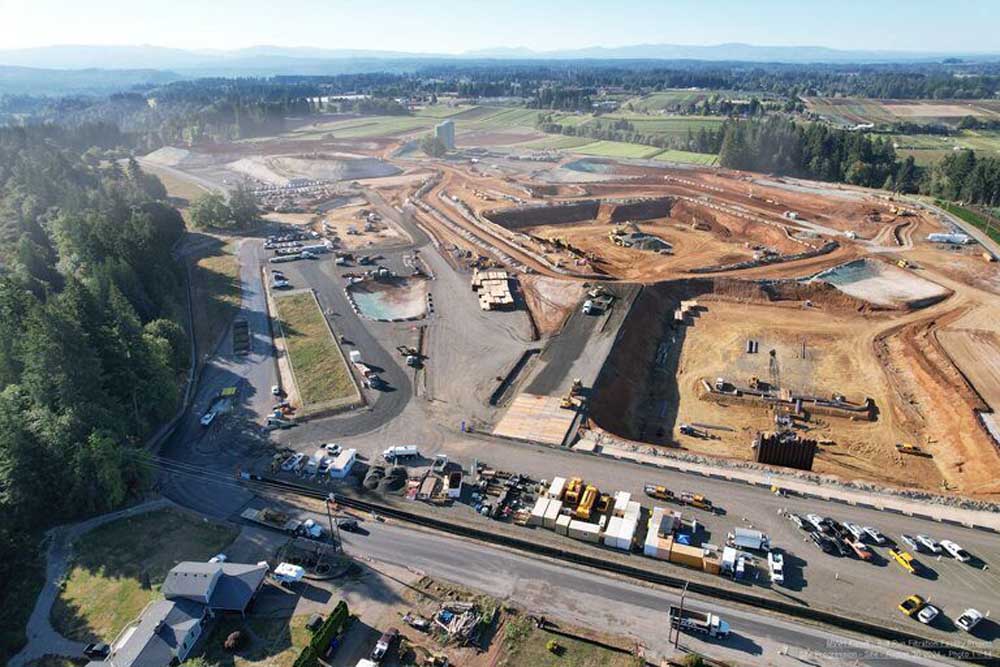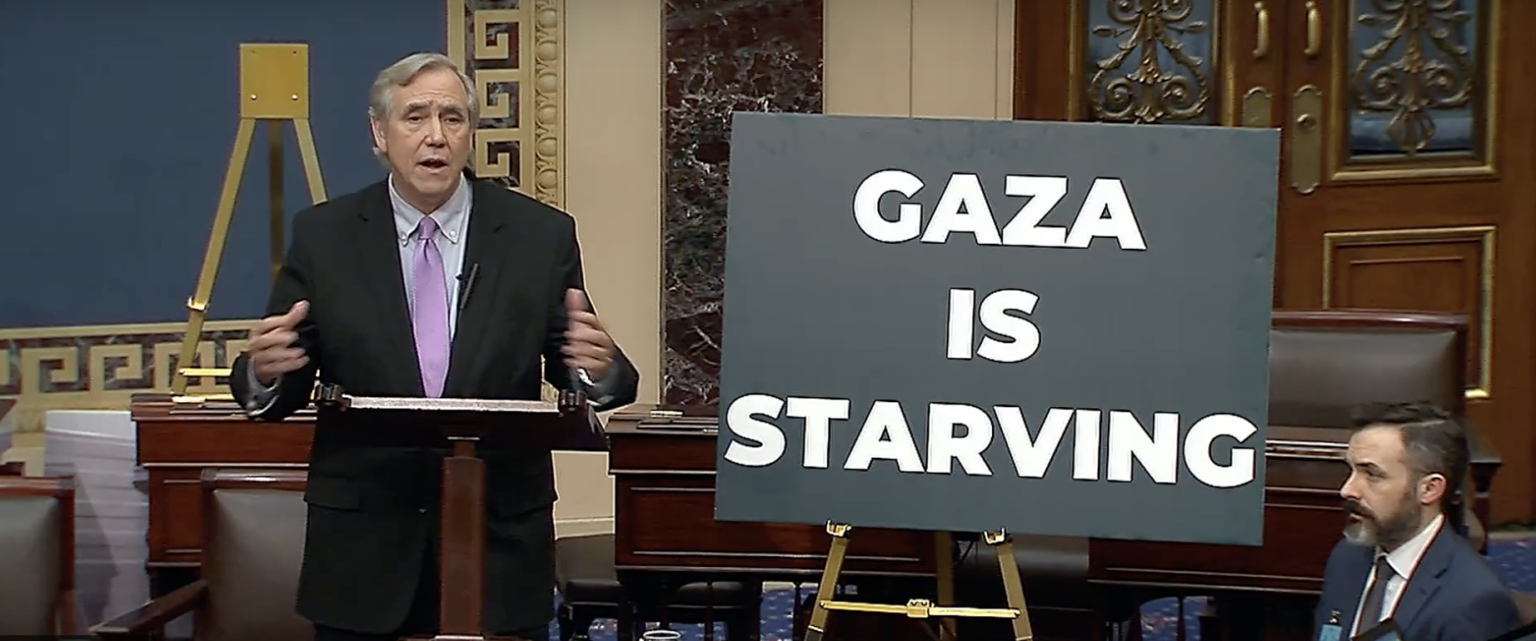Construction paused at controversial $2.1 billion Portland Water Bureau filtration plant
Published 5:00 am Saturday, February 15, 2025

- A recent aerial view of construction at the site of the Portland Water Bureau's filtration plant in rural East Multnomah County.
The Portland Water Bureau said it has paused construction of its controversial $2.1 billion filtration plant in rural East Multnomah County after approval of its land use permit was rejected for not considering the impact on the area’s natural resources.
Trending
In January, the state Land Use Board of Appeals remanded approval of the conditional land use permit back to Multnomah County, which approved it in 2023. The 130-page ruling upheld most of the water bureau’s application, but said county officials had not adequately considered the 90-acre plant’s impact on natural resources the area south of Oxbow Regional Park. Construction started in 2024.
The LUBA ruling was issued on Wednesday, Jan. 22. All parties had 21 days to appeal the ruling to the Oregon Court of Appeal. None did, meaning the permit approval has been remanded to the county.
Portland is now supporting SB 369 at the 2025 Legislature to prevent land use appeals from delaying critical water projects. It would allow construction of similar projects on any land-use zone, and would make land-use rules irrelevant in certain cases. To qualify under the bill, the project in question needs certain approval from state or federal health agencies, like this project.
Trending
“The City of Portland is dedicated to ensuring transparent and thoughtful engagement in the land use process. Following review of extensive legal briefing, oral argument, and a several-thousand-page record from the County land use proceedings, LUBA partially remanded the Multnomah County Hearings Officer’s approval of the project’s land use application on one item. The remand identifies a need for the County to further clarify the interpretation of what qualifies as natural resources under their code,” the water bureau said after the LUBA ruling.
Project opponents said the bill is unfair.
“The city chose this site knowing its project could not meet the land use restrictions. How can a two billion dollar mega industrial project possibly be built with ‘no adverse impacts on natural resources?’” said nearby resident Lauren Courter. “Residents and businesses in Portland need to demand transparency, honesty, and fiscal responsibility from their elected leaders. Build only what’s needed, and build at a site that doesn’t harm the area’s priceless natural resources.”
The conditional use permit was appealed to LUBA by a coalition of community and agricultural groups, including 1000 Friends of Oregon and the Oregon Association of Nurseries. They argued the city did not make a clear enough case for needing to build on land zoned for agricultural use. They also said the city failed to identify the impacts of construction on nearby farms.
“I welcome this decision by LUBA,” Jeff Stone, the executive director of the Oregon Association of Nurseries, said in a statement. “To site a water treatment plant requires a proper planning process, which the Portland Water Bureau did not do. We support alternative options. More than 250 nurseries were being harmed by building this costly project.”
The water bureau originally did not consider the ruling an injunction and was planning to continue construction while exploring its options. The city has promised the EPA it will complete the plant by 2027.
“With construction underway, keeping momentum on the project is our best opportunity to achieve the compliance deadline and control against rising costs. We will continue to look at ways to provide the best value for our ratepayers and maximize the public health benefits our customers will receive from the new facilities,” Water Bureau Chief Engineer Jodie Inman said after the LUBA ruling.
The EPA is requiring Portland to treat water from the Bull Run Reservoir, the city’s primary water source, for cryptosporidium, a potentially deadly parasite. The Council decided to comply by building a plant that also could filter sediments out of the reservoir in the Mt. Hood National Forest in the event that mud from a large landslide or ash from a large fire in the watershed makes it otherwise undrinkable.
A 2,000-plus acre fire came within two miles of the headworks at Reservoir 1 in late September 2023 before being extinguished.
The cost increase has prompted the water bureau to delay other needed projects to minimize water rate increases. One is the planned earthquake-proof water line under the Willamette River that would continue supplying water to west Portland after the expected Cascadia Subduction Zone earthquake.
Despite that, according to an analysis by The Oregonian/OregonLive, water rates were projected to increase 7.9% in July 2024, then increase to 8.1% per year through 2030, before dropping down to 4.5% after that.
Additional information about the project from the water is available on the city’s website.
A columnist praises the delay in the plant construction, saying the environmental threats were ignored. See column, Page A6.
“The city chose this site knowing its project could not meet the land use restrictions. How can a two billion dollar mega industrial project possibly be built with ‘no adverse impacts on natural resources?’”
Lauren Courter, nearby resident







